Did You Know?
There is no one kind of person who bullies?

Check out these interesting facts – you might be surprised by what you learn!

There is no one kind of person who bullies?
It’s not about someone’s appearance, it’s about their behavior.

That expression “sticks and stones can break your bones, but words will never hurt you” isn’t accurate, that words can hurt?
They may not leave bruises or broken bones, but they can leave scars on the inside and stay in your thoughts long after they are said.

It’s not just the targets of bullying who are hurt by it?
Bullying hurts everyone involved, including the student who is bullying and students who see bullying.

That most kids don’t like to see bullying happen?
Bullying hurts everyone involved, even those who witness it.
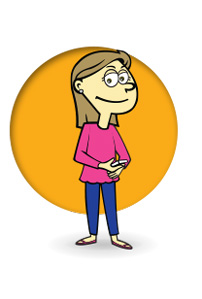
That teasing isn’t the same thing as bullying?
Teasing is when both parties are OK with it. When words or actions hurt someone, it is bullying.
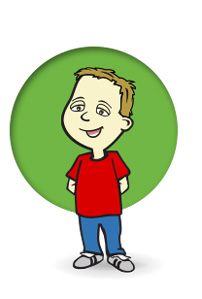
Did you know that bullying can happen to anyone?
Bullying behavior can be directed at any type of person, but the one sure thing is that no one EVER deserves to be bullied!

Did you know there is a big difference between telling and tattling?
Tattling is done to get someone in trouble, but telling is done to protect yourself or another student from getting hurt. It’s smart to tell an adult when you see bullying!

Did you know that kids who witness bullying have the power to stop it?
When kids are willing to speak up about what they think is wrong, they can make a difference in their school!
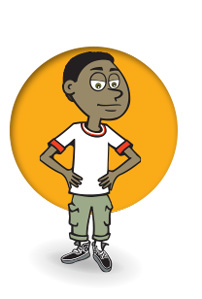
Did you know that fighting back can make bullying situations much worse?
Instead of trying to get even, you can take action by telling a teacher, parent, or trusted adult!

Did you know that some kids might bully because they have been bullied by someone else?
Kids can play more than one role in bullying situations. It’s important to tell someone what is happening so they can help make it stop!
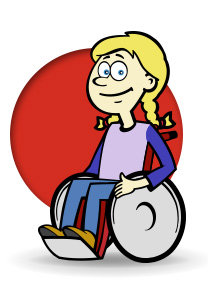
That a disagreement (conflict) is different than bullying?
A disagreement or argument (conflict) is when both sides express their views. People don’t always agree, but they can respectfully share what they think without putting down the other person.
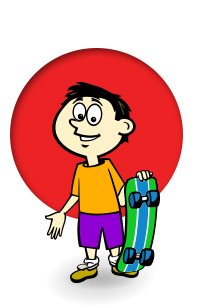
That someone you thought was a friend could be bullying you?
If you are experiencing treatment from a friend that hurts you, and you have asked that friend to stop but it still continues, then that is not friendship. That behavior could be bullying.
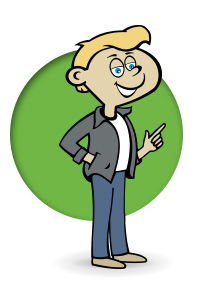
That bullying happens more than adults know?
Bullying often takes place outside the view of adults. It can happen in the classroom when the teacher leaves the room, on the playground where only kids are, or in the online world where adults don’t have access. Adults can only help if they know it’s happening, which makes it really important to tell.
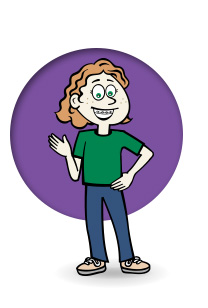
That your school probably has a policy against bullying?
Every state in the nation has a law that prevents bullying in schools, and often includes your school posting and sharing its policy. If you don’t know yours, ask your teacher about it.

Learning self-advocacy skills can help you address bullying?
Self = you.
Advocacy = asking for or sharing what you need in a direct, respectful manner.
Why is this skill important to address bullying? Self-advocacy helps you: